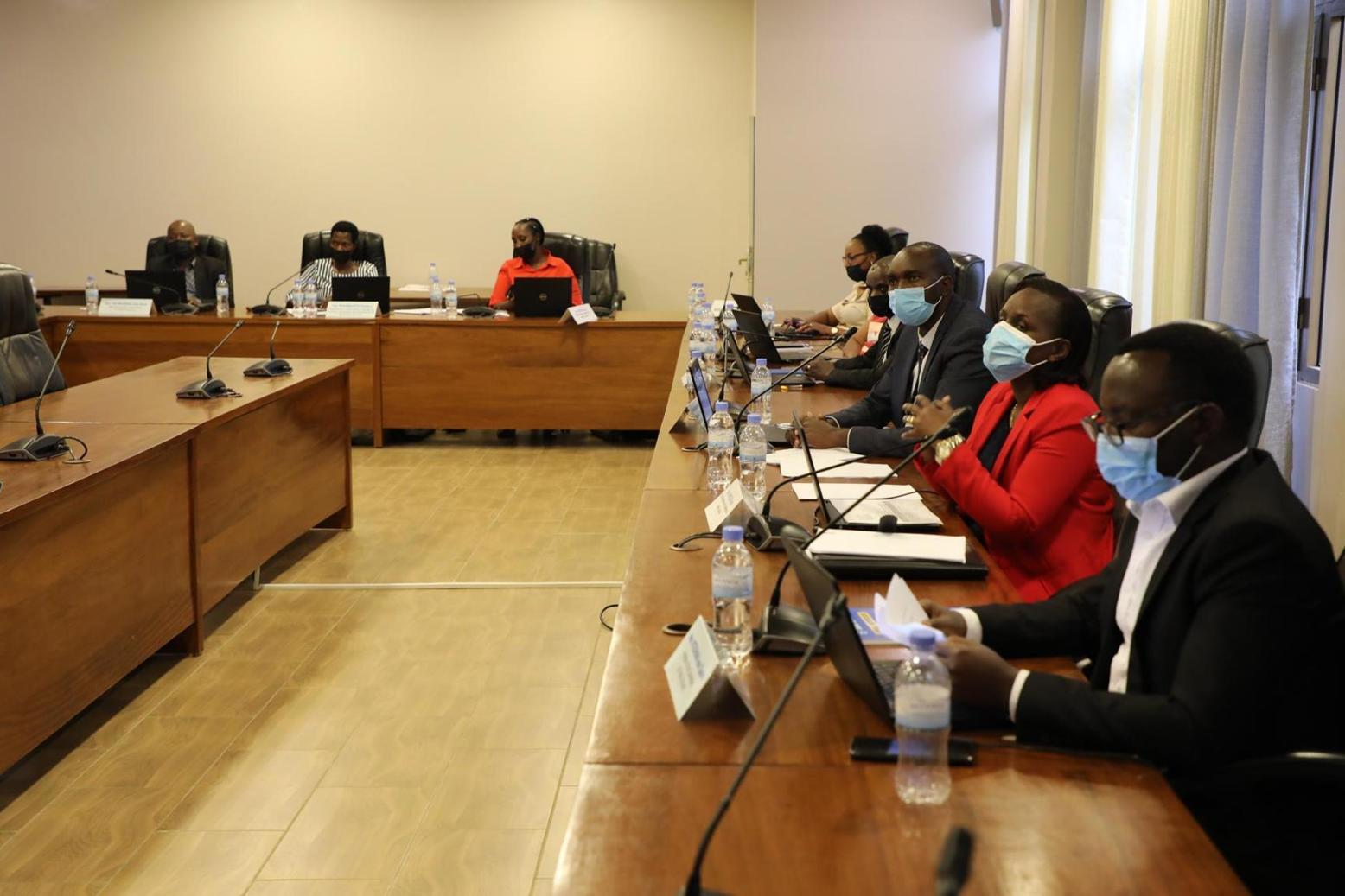Africa-Press – Rwanda. The government is incurring billions of francs in repaying a loan it acquired to set up irrigation schemes in the Eastern Province even as the project has stalled for very many years.
Rwanda signed a line of credit with Export-Import Bank (EXIM Bank) of India in October 2013. The $120 million loan was meant to implement the Export Targeted Modern Irrigated Agricultural Project (ETI) in Mahama, Mpanga and Nyamugali Sectors in Kirehe District.
However, the project which was supposed to be complete by 2017 has delayed, leading to financial losses for the government as it repays loans for something that has remained unproductive.
Members of the Parliament’s Public Accounts Committee (PAC) have now raised their concerns. “Now, we are repaying the loan that did not benefit Rwandans. This is really a bitter experience,” said MP Beline Uwineza.
As of July 31, 2020, the government had paid $8.6 million to EXIM Bank of India—a figure which includes the principal, interest and commitment fees. The project was envisaged to irrigate at least 7,000 hectares, and include a food processing plant as well as a 12 MW solar power plant.
In his 2020 report, the Auditor General highlighted inefficiencies of the project. According to the Auditor General, as of October last year, only 877 hectares or 12 per cent of the planned farmland had been put under irrigation in Mpanga, while at least $17.1 million or 14.32 per cent of the total value of the funds had been disbursed by EXIM Bank.
“It is not understandable how after seven years of signing the agreement…only 12 per cent of the targeted irrigation area has been achieved,” said Valens Muhakwa, the Chairperson of PAC.
Under the agreement between the government and EXIM Bank, goods and services equivalent to 75 per cent of the value of the contract were supposed to be sourced from India. This means that only 25 per cent of goods and services were supposed to be procured outside India by the contractor.
Jean-Claude Musabyimana, Permanent Secretary at the Ministry of Agriculture and Animal Resources, the condition was a major challenge in the project implementation as it was. However, he said that through negotiations, the condition was later relaxed to 65 per cent of imports from India.
Charles Bucagu, the Deputy Director-General of Agriculture Research and Technology Transfer, said that major efforts are being put in the [project implementation, adding that 659 hectares of land is expected to be irrigated by the end of this year.
For the Centre of Excellence in farm mechanisation in Rubilizi, the Auditor General’s report said its establishment was abandoned as of October last year.
Patrick Karangwa, the Director-General of RAB, told parliament that construction was at 65 per cent complete. “There is a significant difference between its current state and how it was when the Auditor General visited (last year),” he said. He indicated that the project will be complete by the end of March next year.
Cancelled project components
He said that an agreement was reached that the components which were not deemed cost-effective under the project be removed from it, noting that the focus was put on expanding the irrigated area.
These include the solar power plant component. RAB DG Karangwa said it was realised that it would be more cost-effective to use the energy from the existing national grid than investing in setting up the off-grid solar plant.
Another component is the tomato processing plant, which RAB’s Bucagu said that in partnership with Rwanda Development Board (RDB), negotiations are ongoing with private investors who can set up the factory.
It was projected that the production of tomatoes from the project would be about 28,000 tonnes, while the proposed plant capacity was to produce tomato paste (concentrate), and tomato ketchup was five tonnes an hour. Overall, 26,000 tonnes of tomato produce would be processed, while the rest would be sold in open market.
“There are investors who want to set up the factory in Kirehe District through financing other than a loan,” he said, adding that tomato is a crop that will be largely grown through the irrigation system, which underscores the need for the factory. PAC requested the ministry to submit to it a note of the changes made to the project by September 20, 2021.






